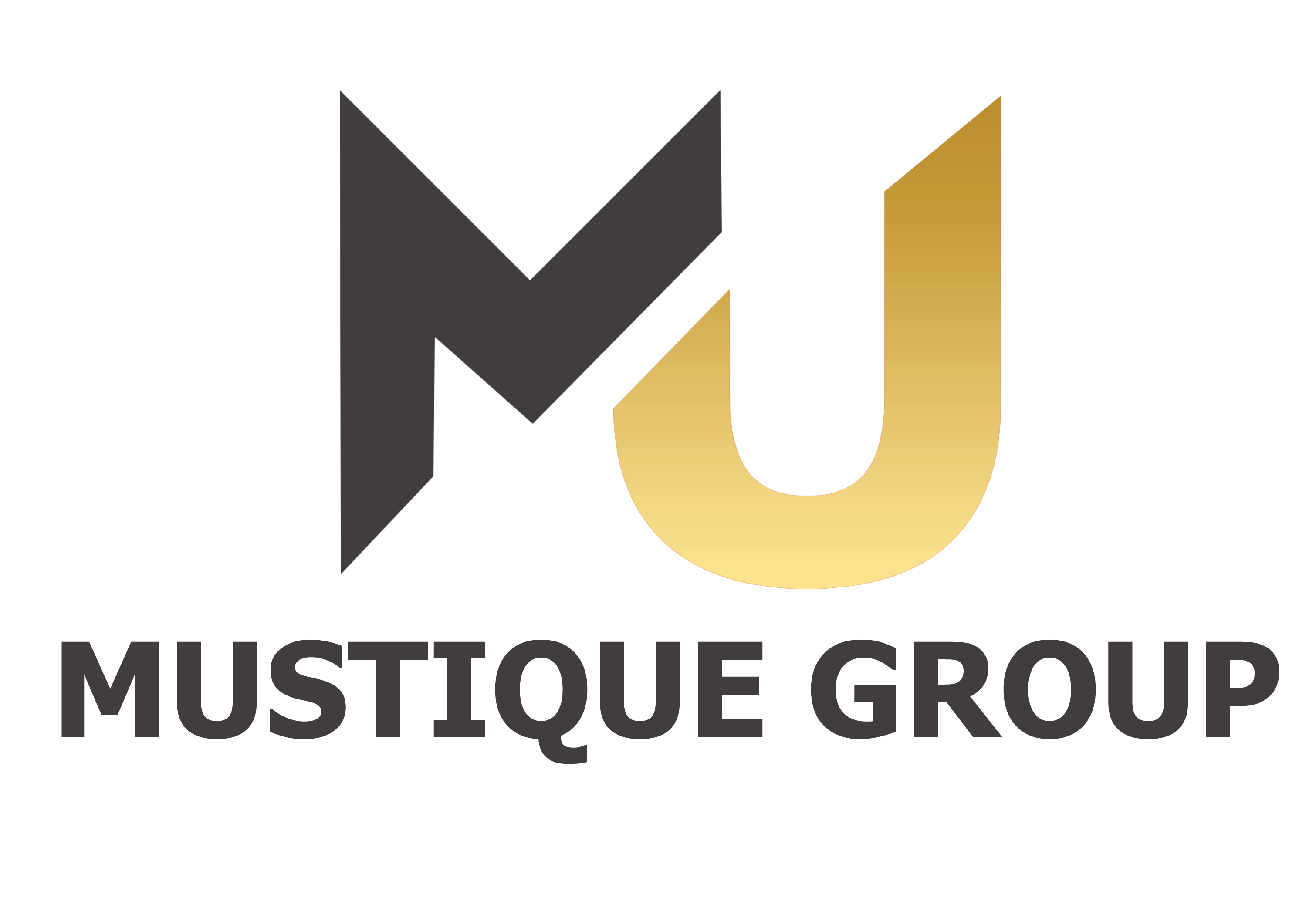Springbok Women determined to topple mighty Canada
Springbok Women captain Nolusindiso Booi said her team will enter Loftus Versfeld with excitement and determination when they face Canada at 13:30 on Saturday.

Why These Five Taglines Stick in Your Head—and What They’re Really Telling You
They’re short, they’re sharp, and they’re everywhere. The best brand taglines don’t just sell products—they sell ideas, values, even identities.
You’ve heard them a thousand times: Just Do It. Think Different. Because You’re Worth It.But what are they really saying?
“Taglines are like Trojan horses,” says Monica Cabaniss, marketing strategist and co-owner of Falcon Digital Marketing. “They look simple on the surface, but they’re packed with meaning. Each one carries a worldview.”
We asked Cabaniss to break down five of the world’s most iconic brand slogans. What she revealed was surprising, even a little psychological.
These aren’t just marketing lines. They’re emotional tools designed to hook us, inspire us—and turn us into loyal customers.
What it meant: In 1997, Apple launched this slogan as a direct shot at IBM’s longtime line, “Think.” But Apple didn’t want to be another tech company. It wanted to be the brand for creative outliers, rebels, and innovators.
“The phrase turned outsiders into icons,” says Cabaniss. “It made being different feel heroic.”
Why it worked: The grammar is off—but that’s the point. “Think Different” doesn’t just say “be smart.” It says “be bold.” It framed Apple not as a computer brand, but as a cultural movement.
What it meant: You’d never guess this one started from the final words of a convicted killer: “Let’s do it.” Nike transformed that dark origin into a global mantra for drive, grit, and movement.
“It tells you to stop overthinking. Stop waiting. Just act,” Cabaniss explains.
Why it worked: It’s universal. Just Do It isn’t just for athletes—it’s for anyone chasing a goal. Three words that spark courage.
What it meant: In the ‘70s, beauty ads were still speaking about women, not to them. L’Oréal flipped the script.
“This line told women they didn’t need permission to feel beautiful,” says Cabaniss. “It was about self-worth, not vanity.”
Why it worked: It framed luxury as a personal right. Not something to impress others—but something you deserve.
What it meant: MasterCard didn’t just want to be your credit card—it wanted to connect with your heart. The line positioned the brand as a way to access unforgettable experiences, not just buy stuff.
“It tells a story in two parts,” says Cabaniss. “The emotional vs. the practical.”
Why it worked: It sticks because it’s clever and true. We all know some things are priceless—but MasterCard will help you get close.
What it meant: It’s not just a product promise—it’s a statement of trust. Born in post-war America, this line reassured people that M&M’s were clean, safe, and mess-free.
“In a time when hygiene mattered a lot, this was brilliant,” Cabaniss says.
Why it worked: It’s playful and practical. Plus, the rhythm makes it easy to remember—almost musical.
So what makes a tagline unforgettable?
“A great slogan doesn’t sell the product,” Cabaniss says. “It sells a feeling. ‘Just Do It’ sells courage. ‘Because You’re Worth It’ sells self-respect. ‘Think Different’ sells individuality.”
These lines work because they sound Personal—like they were written just for you. And that’s the magic. A good tagline doesn’t just land. It sticks.
Issued on GQ South Africa by Luthando Vikilahle | https://www.gq.co.za/wealth/the-real-power-behind-catchy-slogans-2e11aa96-81e6-458f-9668-29b7e7612192
Springbok Women captain Nolusindiso Booi said her team will enter Loftus Versfeld with excitement and determination when they face Canada at 13:30 on Saturday.
Mozambique defender Reinildo Mandava has parted ways with Atletico Madrid and is set for a move to Premier League side Sunderland on a free transfer.
A new Asus survey reveals that 77% of South African business decision-makers are ready to adopt AI tools immediately, with over half already experiencing measurable outcomes. These findings point to a tech-savvy market that is not just exploring AI, but actively using it to improve productivity, sharpen decision-making and enhance customer experiences.


